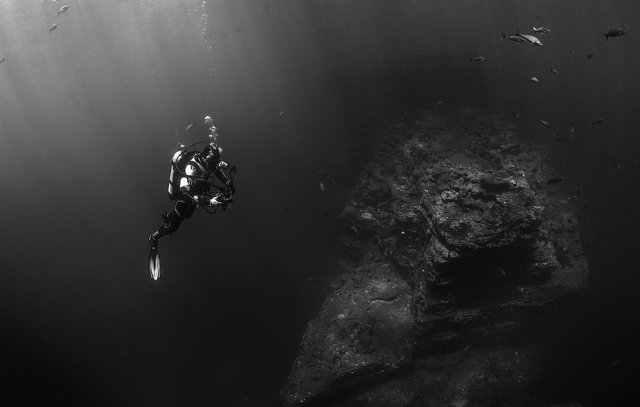Bitcoin, depths, decentralization and future
If we are to declare the word of the year, it definitely should be the word “deep”: the digitalization, rise of connectivity and the development of AI take the mankind deep into realities and dimensions that we’ve never experienced before. Some technologies and advances bring us unprecedented promise, while others offer dire peril. One is for sure: we’ve left shallow waters of low responsibility and relatively simple existence and are now going deep.

The bitcoin bull market of 2018 turned out to be a bubble. Nevertheless the technology and the idea behind cryptocurrencies managed to attract the attention of media, money, developers, talented people and consumers into perspective fields of blockchain and crypto markets. Today we can compare the recent “crypto bubble” to the Internet bubble (or the Dot-com bubble of 1996 to 2001) that attracted talents and capital into a new field and led to the emergence of a new ecosystem that we enjoy today.
The market will get even more harsh: sooner or later most of the modern cryptocurrencies (that are practically useless) will have to die - the sooner it will happen, the better.
Matt Hougan, the global head of research at Bitwise, calls bitcoin “the millennial generation’s version of gold” and points out its core idea: the decentralized nature of a new currency, that cuts out parasites and middlemen.
The progress of the year 2000 was biased towards connectivity. Ten years later, the tech and innovations started to meld into a general ecosystem, creating a new virtual reality and weaving it into the world we know. The growth of the complexity of such system could only match the rates of the simplification of its external structure.
Fun thing is - while the speed and the complexity of the world keep growing, building deep loyalty and deep trust remain enormously complicated and long processes. The new world is far from shallow and simple reality we use to remember. People need new types of money and social structure, new political, social and religious leaders, new government institutions and types of business: decentralized partisans need their headquarters, and those who travel in deep waters definitely need trusted navigators.
Sources: cnn.com, nytimes.com
Image source